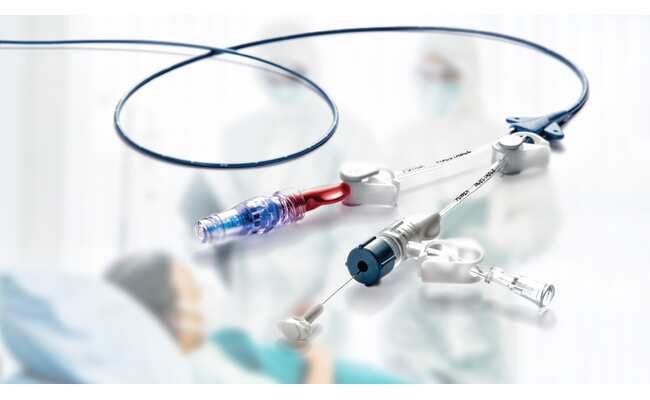
Reaping the Rewards: The Benefits of Coloring Pages
September 19, 2023
Introduction To Chargomez1: A Revolution In Charging Technology
October 11, 2023Addressing Specific Addictions: Outpatient Rehab for Alcohol, Opioids, and More is our today’s topic. When we talk about addiction recovery, it’s important to remember that not all addictions are the same. Different substances and behaviors necessitate varied treatment approaches, and the “one-size-fits-all” mentality is often counterproductive. In outpatient rehab programs, customization is key to addressing the needs of individuals coping with distinct addictions such as alcohol, opioids, and other substances or behaviors.
Addressing Specific Addictions: Outpatient Rehab for Alcohol, Opioids, and More

The Flexibility of Outpatient Rehab
One of the primary benefits of outpatient rehab is the flexibility it offers. This allows the person in recovery to maintain their daily life to some extent, which can be particularly beneficial for those who have work or family obligations. For example, an intensive outpatient program in Indiana offers a variety of treatment modalities that can be tailored to meet individual needs.
Alcohol Addiction and Outpatient Rehab
Alcohol addiction is one of the most common types of addiction. Because it is socially accepted, it can sometimes be challenging to recognize the signs. Outpatient rehab offers evidence-based treatments like Cognitive Behavioral Therapy (CBT) and medication-assisted treatment (MAT), giving individuals the tools they need to manage their cravings and avoid relapse.
Addressing the Opioid Crisis
The opioid crisis has ravaged communities and families across the country. Many people initially prescribed opioids for pain management find themselves struggling with addiction. It’s important to have a balanced perspective on opioids, recognizing both their medical use and the potential for addiction. Outpatient rehab often employs an individualized approach, providing treatments that can include MAT and group therapy sessions that address the emotional and psychological aspects of opioid addiction.
Other Substance and Behavioral Addictions
Beyond alcohol and opioids, outpatient rehab can also be effective for treating addiction to other substances like cocaine, methamphetamines, and even behavioral addictions such as gambling or internet addiction. The combination of peer support, individual counseling, and sometimes medication can provide a comprehensive treatment approach.
Recovery Is an Ongoing Process
Long-term recovery often involves more than just the initial treatment phase. SAMHSA’s resources on recovery point out that maintenance is an essential part of any successful treatment plan. For those in outpatient rehab, this can involve ongoing therapy sessions and a commitment to practicing the coping mechanisms learned during treatment.
Personalized Care for Effective Treatment
Treatment should be personalized to address the specific nature of the person’s addiction. An interdisciplinary team of healthcare professionals can work together to develop an integrated treatment plan that covers the gamut from medical treatments to psychological counseling. This approach is not just about treating symptoms but focuses on the person as a whole.
Consideration for Co-Occurring Disorders
It’s crucial to note that addiction often doesn’t occur in isolation. Many individuals may also be dealing with co-occurring mental health disorders like depression or anxiety. Outpatient rehab can offer the flexibility to incorporate treatments for these conditions as well, providing a more holistic approach to recovery.
A Multi-Faceted Approach to Diverse Needs
When it comes to addiction, there’s no one-size-fits-all solution. This is particularly true for outpatient rehab programs that aim to meet the unique needs of individuals battling different types of addiction. From alcohol and opioids to other substances and even behavioral addictions, outpatient rehab provides a flexible yet robust approach to treatment. It emphasizes the need for ongoing recovery efforts and recognizes the complex and diverse needs of each person. Ultimately, the goal is to empower each individual with the tools, resources, and support they need for a lifelong journey towards recovery.




